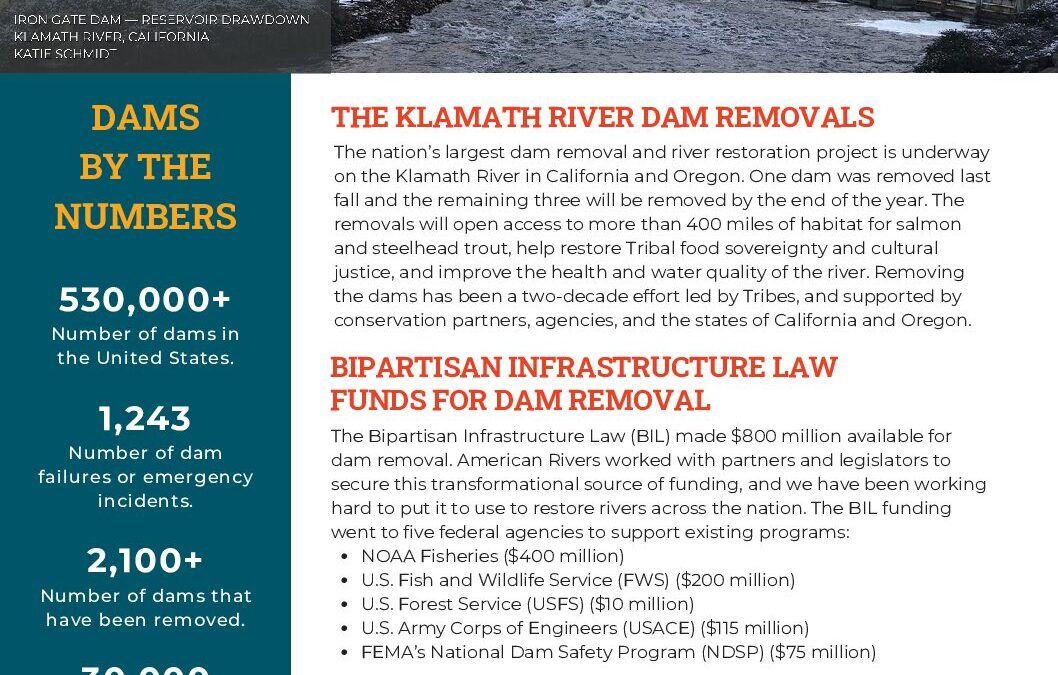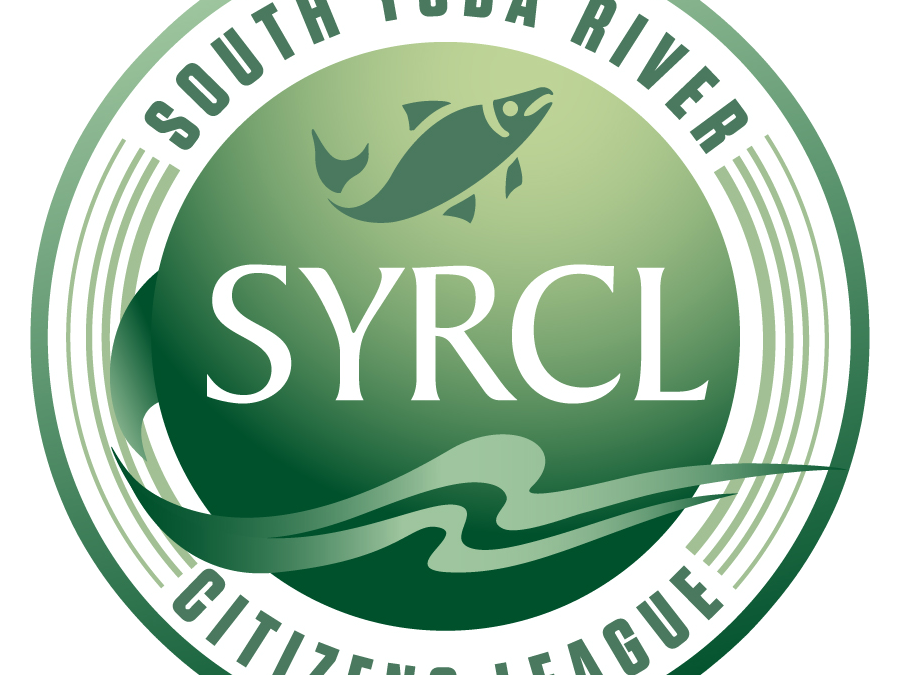


Progress Report: two years in to the Bipartisan Infrastructure Law
Giddy smiles and stomping feet. We stood next to the Klamath River and watched muddy water rush out from the tunnel under the Iron Gate Dam. The twenty-degree weather couldn’t freeze out the excitement of our group; even as we tried to kick feeling back into our toes,...
Fall 2023 Newsletter
Happening in Hydro Happy December to all of you, and happy fall. It’s hard to believe we’re at the end of 2024 already! It’s been a busy year, and as I reflect back I’m proud of the work that we’ve accomplished together. Here are a...
YFN: November/December Newsletter
Land Acknowledgement SYRCL works throughout the Yuba River watershed on the Ancestral and Traditional homelands of the Nisenan Tribe, and includes shared boundaries with the Mountain Maidu, Konkow, and Washoe peoples. These tribes have lived here for millennia and...
The Possible Impacts of the EPA Redefining “Waters of the United States” on the Yuba Watershed
Enacted in 1972, the Clean Water Act established a nationwide approach to improving the quality of our nation’s lakes, rivers, streams, and other water bodies. One of its features is that it prohibits the discharge of pollutants from a point source into “navigable waters” unless otherwise authorized under the Act. “Navigable waters” are defined in the Act as “the waters of the United States, including the territorial seas.”
